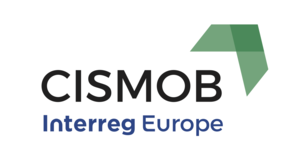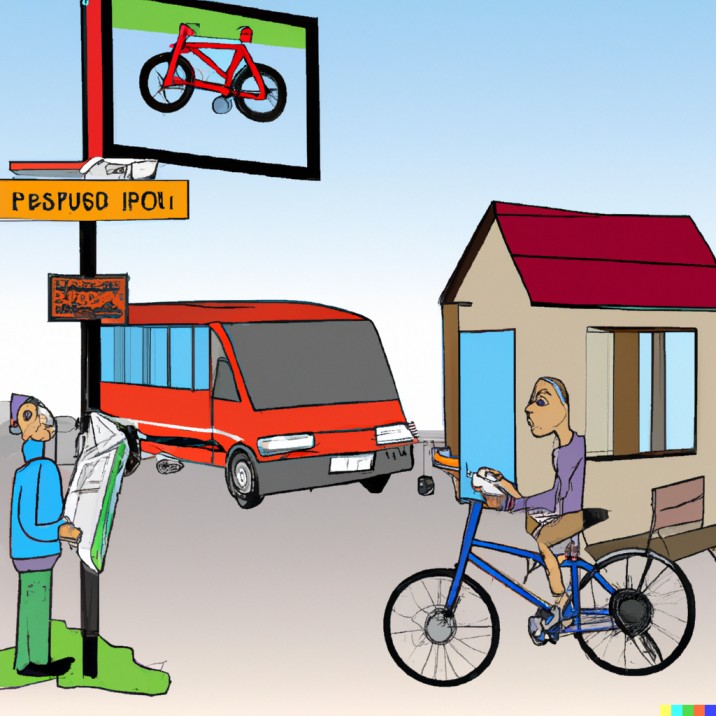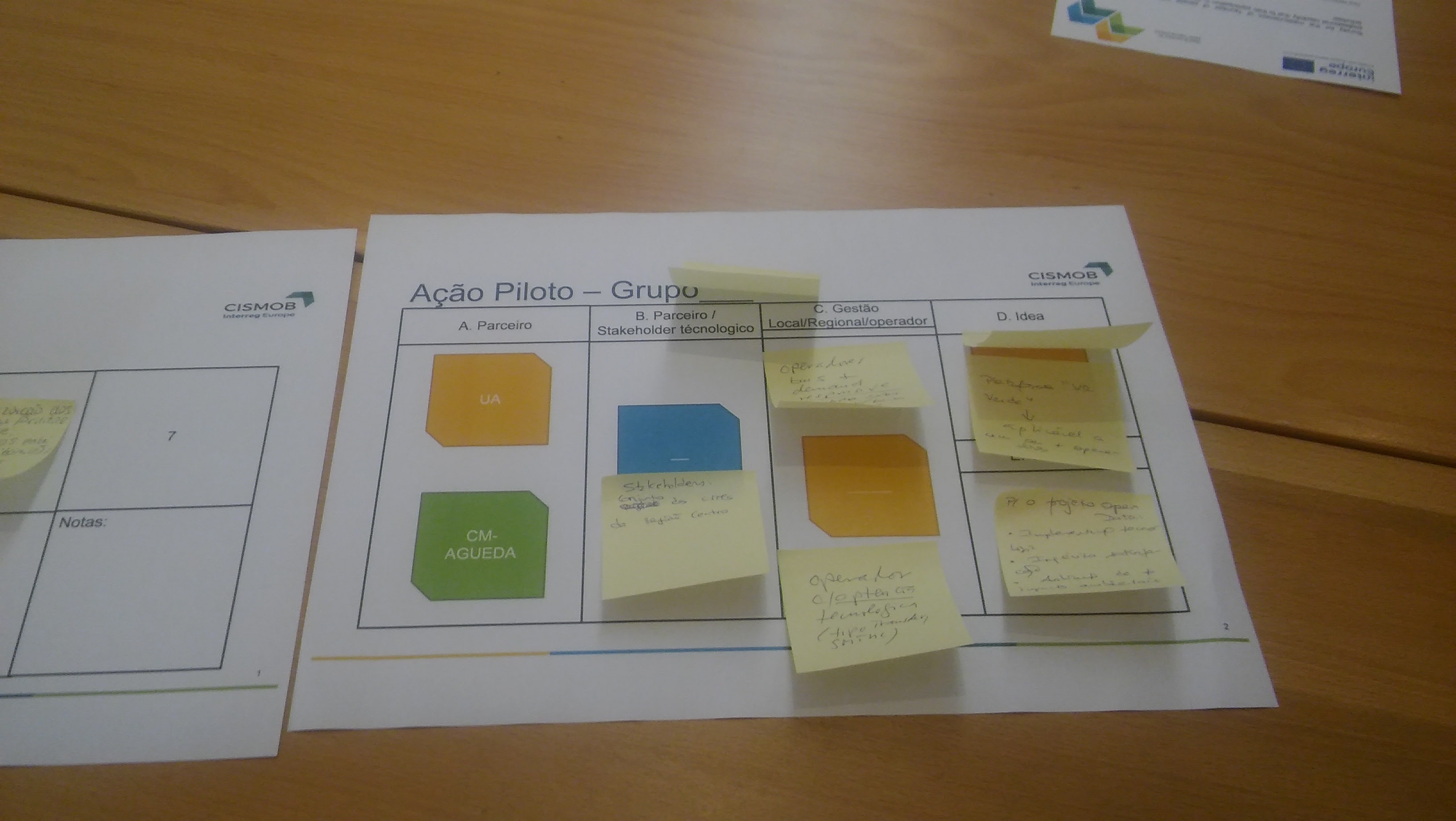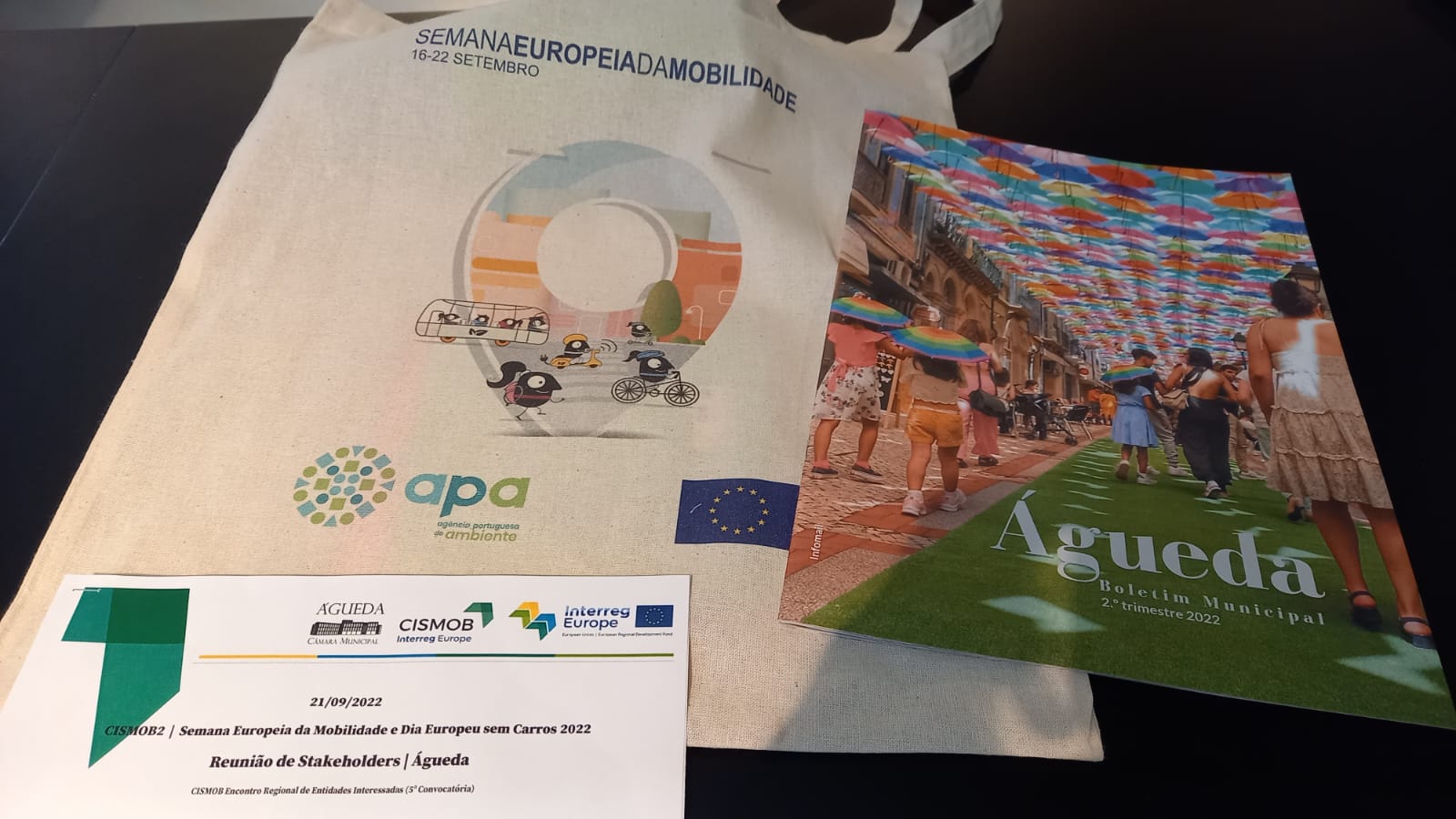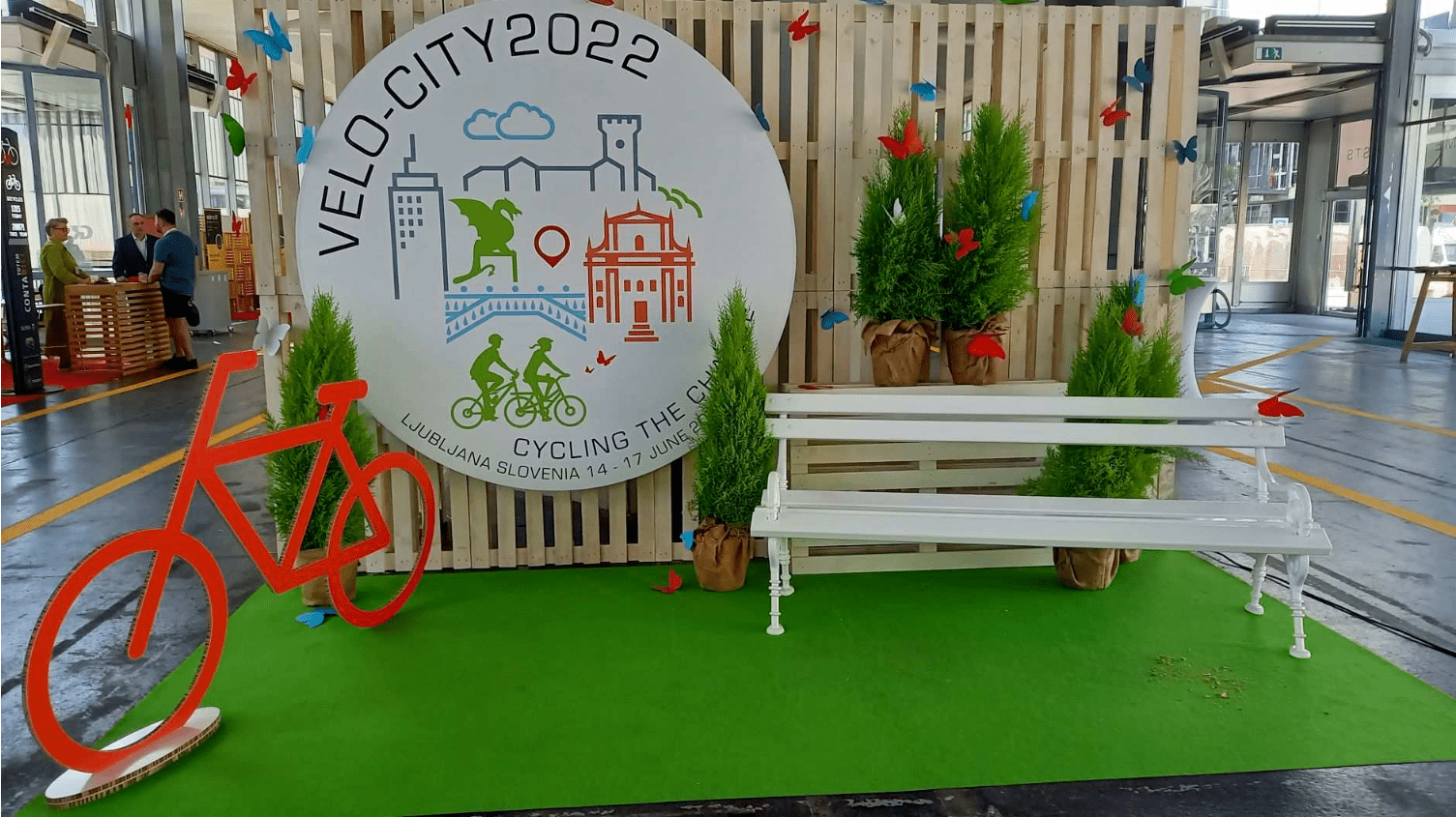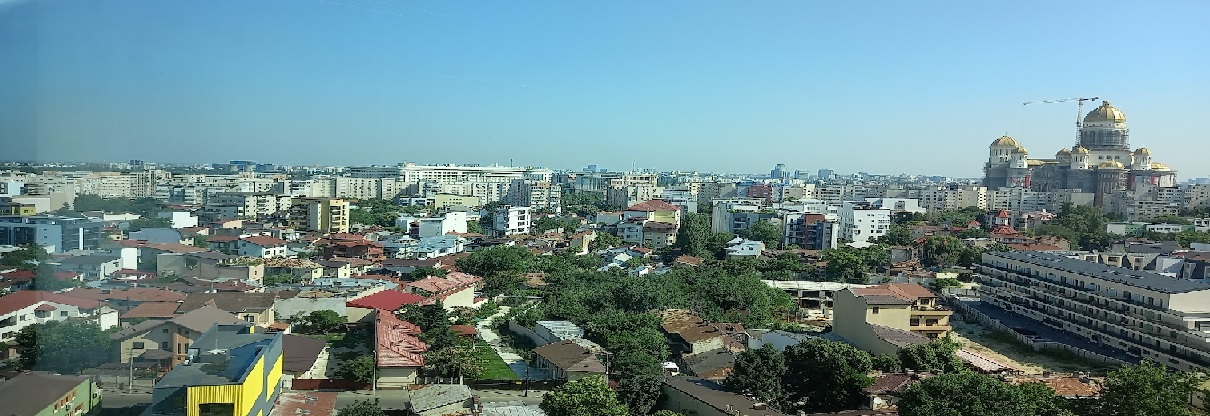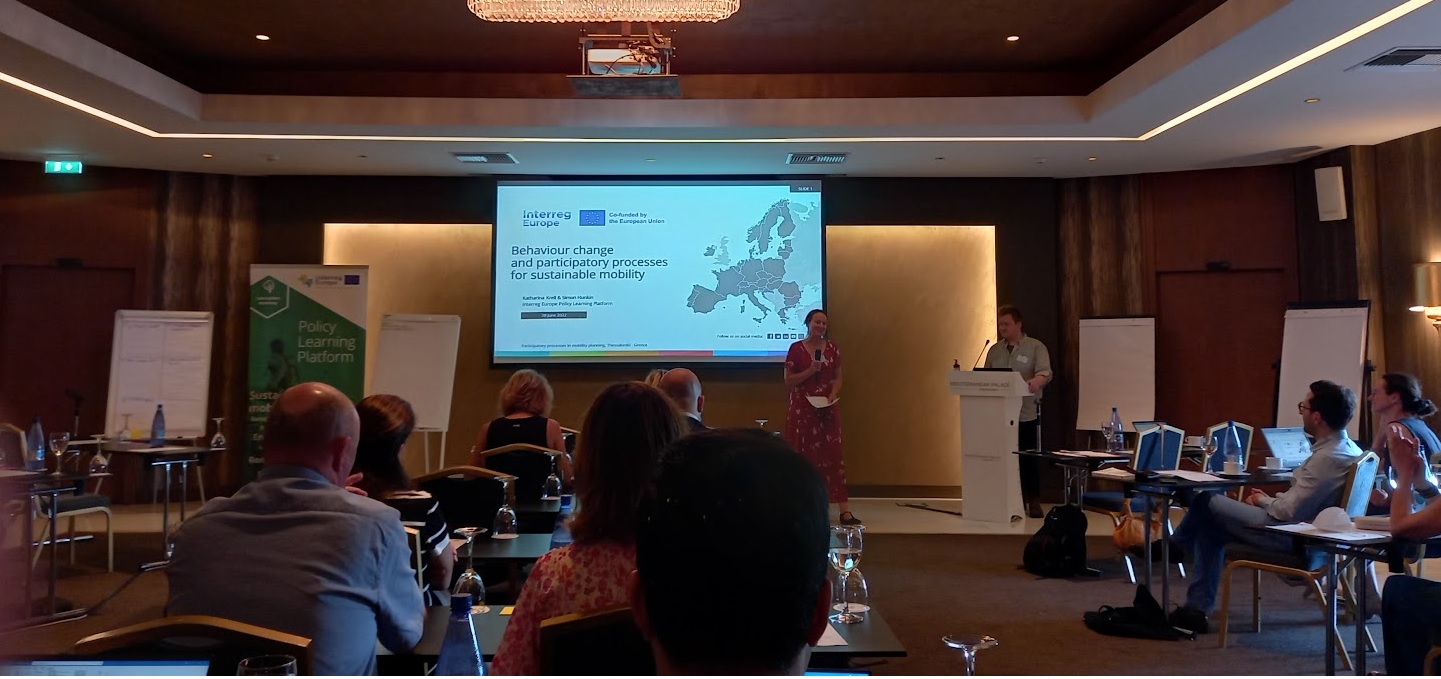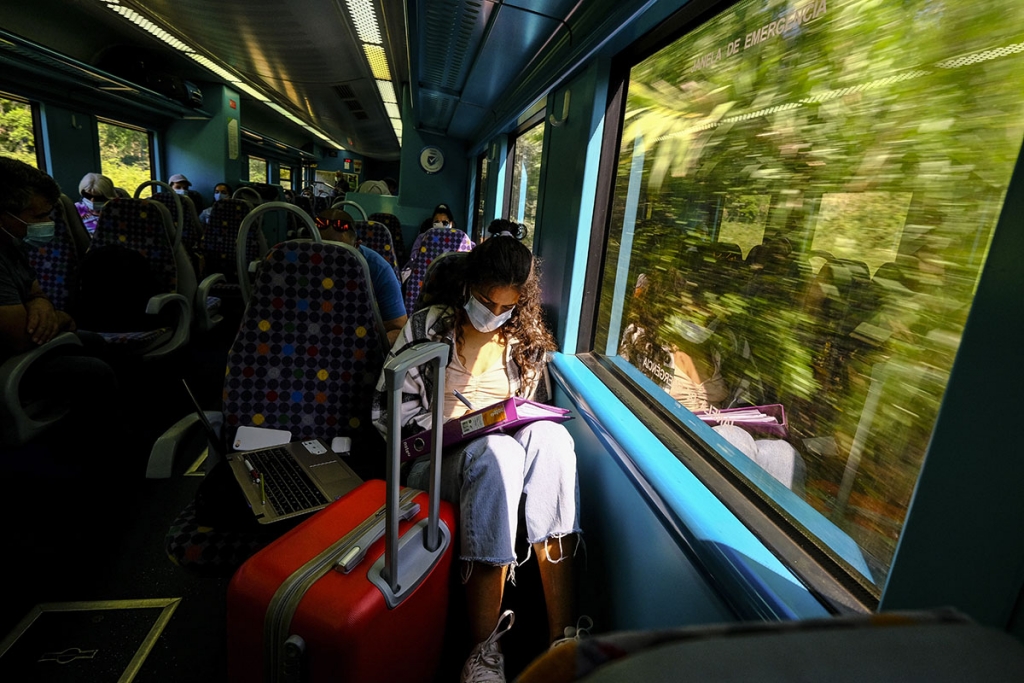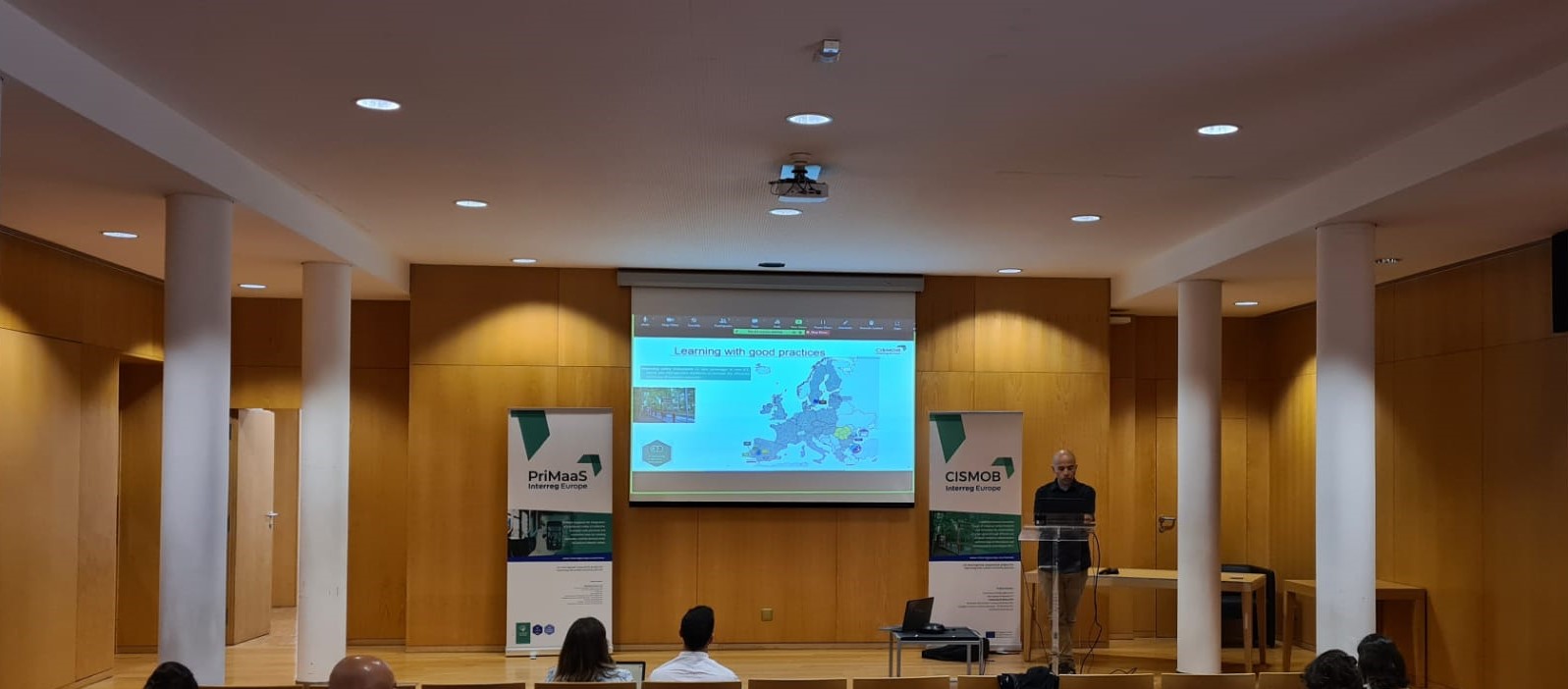The CISMOB Staff Exchange in Stockholm took place on the past 15th and 16th of February, with the participation of the University of Stockholm, University of Aveiro, Águeda Municipality, ITS - Romania, BMTA and CCDR - Centro. The aim of this visit was to learn specific details regarding smart integrated ticket systems, open data and real-time information systems on public transport in Sweden. This interregional cooperation was important to possibly apply the lessons learned in Sweden in the others CISMOB partners regions, such as in Romania, Portugal and Spain.
On the first day, a meeting with Samtrafiken/Trafiklab allowed to learn more on open data platforms. In Sweden there is legislation requiring that all public transport operator makes its own data publicly available, being mandatory to send to Samtrafiken all data. Currently, the open data platform uses data in GTFS format, and works with a planning algorithm. There are many open source algorithms as Opentripplanner and for the analysis of data there are tools as OTP Analyst. So far, there are no information regarding possible correlations between the open data platform and the increasing of public transport usage. Just reports on “if you feel informed” are known.
A meeting with the founder of the Urban ICT Arena, Petra Dalunde, also took place on the first day. She gave catching insights on all capabilities hidden in a city. Through innovative use of information and communication technologies, a suburban area can transform its working and living environment into one that opens up a broad and inclusive range of opportunities in business creation, knowledge exchange, and social development. Participants were able to try the new electric minibus, an autonomous vehicle with lots of sensors and cameras. In the current experimental stage of this vehicle, there is a person inside to avoid some non-learned activity.
The morning of the second day was devoted to internal meetings, where questions regarding pilot projects and the mid-term review feedback were discussed. A budget overview and an agreement that action plans should be concluded until the end of March were part of the agenda. All partners committed in gathering efforts to conclude each one’s tasks. Some issues on the CISMOB 4th main event were highlighted, and also an updated version of the agenda was presented. In the afternoon, a meeting with a representative of Transport Analysis was a very important layer of information on the implementation of data into policy making, and how it works as an agency. The stakeholders raised many questions since they have been curious about the work developed and wanted to learn all the details that led to the success of such projects in Sweden regarding open data and the value of real-time information to public. Studies devoted to time value are also being conducted. In particular, CISMOB visitors were able to learn and discuss some policy consequences and social effects of autonomous vehicles, which is the focus of many projects in Sweden. One highlighted project involves questions related to: Road capacity in a world of full automation; Vehicle automation and its impact on Swedish transport policy objectives; Transport economics of platooning. Such studies are based on models and simulation. After this presentation and discussion, participants were able to see the first 5G connected bike. Mattias Jacobsson from RI.SE, highlighted special features, such as returning data regarding temperature, humidity, emissions and speed. The Google platform is used in this project. Currently, there is only one "not boring" 5G bike success story. Moreover, participants saw a bike helmet with Bluetooth connection to the bike, which is a very important advance regarding road safety.
This Staff Exchange allowed CISMOB partners to not only understand the success factors behind smart transport initiatives in Sweden, but also the importance of informed decision/policy-making in the implementation.




